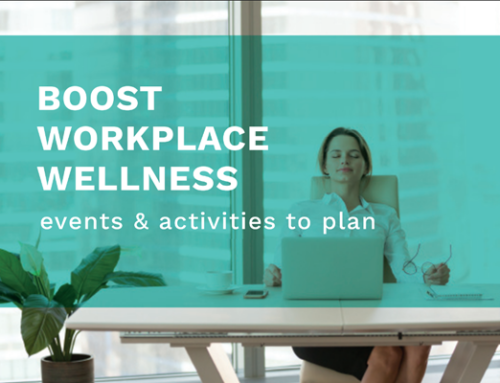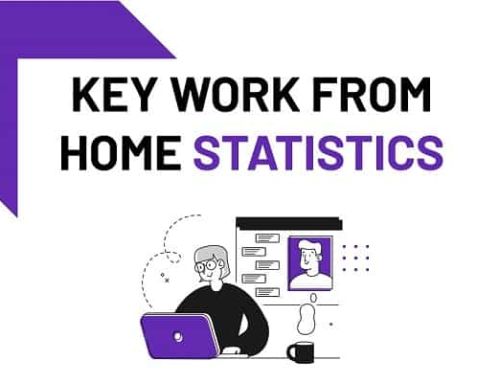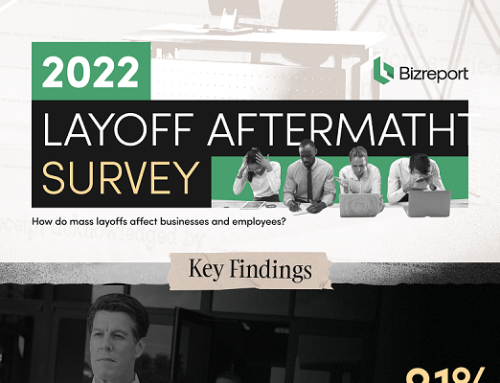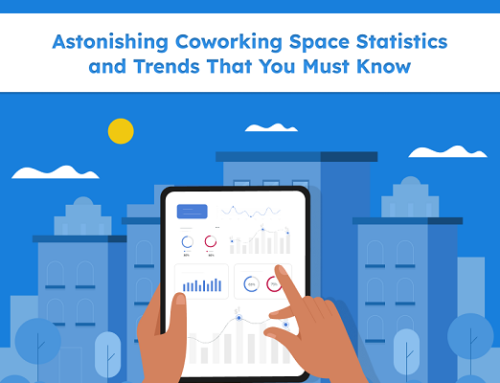Securing employment is not easy. You need to write a CV or resume that’s going to strike a chord with an employer who will sift through dozens of applications and think nothing of tossing an imperfect application aside. If you’re among the select group of candidates who gets called for interview, that requires an altogether different skill set. The application and interview process can prove challenging for any candidate, sometimes even more so for candidates with a disability.
This infographic from Burning Nights outlines what disabled jobseekers should do in their search for employment, including how to refine their job search, assess their skill sets and present themselves in an interview. There is no point in a person with a physical disability applying for a job which is physically very demanding, as he/she would just find it too taxing on the body, while employers would not readily hire someone who is physically unable for the work. Instead, a disabled candidate should focus on jobs that he/she would be quite capable of performing just as well as, if not better than, an able-bodied candidate. A person with a physical disability is most unlikely to be precluded from performing a desk job, especially if it can be done from home.
Also read: Workplace Inclusion, Diversity and Mentoring
Opinion can be divided on whether a disabled jobseeker should inform an employer of his/her disability. They might feel that the details of the condition aren’t anyone else’s business, or that the employer’s perception might be altered by the disability, but it’s probably a good idea to at least mention it to the employer. In that case, the employer is likely to be empathetic enough to make interview arrangements that are convenient for the candidate, whereas not disclosing the disability could have led to the interview being arranged in a time or place that is awkward for the candidate.
When it comes to the day of the interview, the candidate should convince an employer that his/her condition would not affect his/her ability to thrive in the job. An employer who hears of how problems can be solved rather than listening to rueful remarks about how big the problem could be is going to be impressed, all the more so if the candidate has a disability. Self-confidence can be an issue for people with disabilities, but having faced adversity every day to come out the right side, that person is very capable of finding employment and proving to be a huge asset to the company that shows faith in him or her.
![[Infographic] How To Get A Job With A Disability](https://149362086.v2.pressablecdn.com/wp-content/uploads/2017/11/Infographic-How-To-Get-A-Job-With-A-Disability.jpg)





Leave A Comment